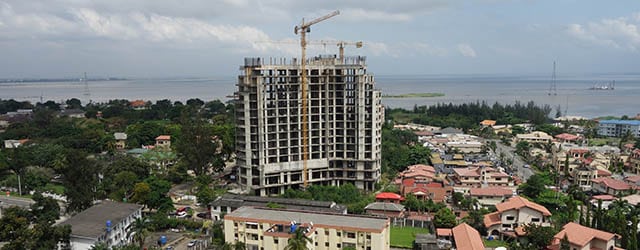Milestones | Nigeria

A week before it was to take place, Nigeria’s presidential election was postponed for fear it would spark violence. The election was originally scheduled for February 14 but has been pushed back six weeks to March 28. The outcome of this delay is unclear.
The electioneering process had already become rancorous, reflecting the mood of a nation torn between the forces of change, promised by the leading opposition party, and those of continuity, offered by the ruling party.
The main opposition party, the All Progressives Congress, said it was the target of the six-week postponement announced by the Independent National Electoral Commision (INEC) chairman, professor Attahiru Jega. Long before the announcement, the APC had raised alarms over the proposed shift in the election date, a move they said would favor the ruling Peoples Democratic Party.
While some observers see the postponement as a circuit breaker that snapped to prevent the country from imploding, others warn it portends greater danger ahead. “The postponement has raised the risk of violence as people are now more suspicious of the entire electoral process,” said Cheta Nwanze, a political analyst with SBM Intelligence, a data and communications firm focused on bridging the gap between African emerging markets opportunities and global investors. “Nigeria is [sitting] on a powder keg,” he warned, noting that some people “seem ready to light the fuse.”
The shift has also exacerbated Nigeria’s economic challenges. News of the election shift pushed the naira to a new low of approximately 200 to the dollar on the interbank market. And there were talks about a new devaluation, following an earlier one in November 2014 that took place on the heels of the oil price crash.
Jega said INEC had based its decision on briefs from the country’s military chiefs, who had said they could not guarantee security in the northeast for the election. Nigeria has battled a six-year Islamist insurgency in the region, and military authorities said they needed at least six weeks to conclude a major operation aimed at flushing out the terrorists to pave the way for the election polls.



